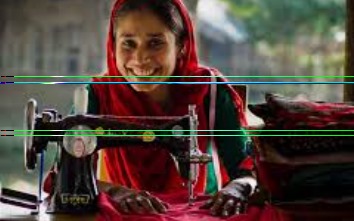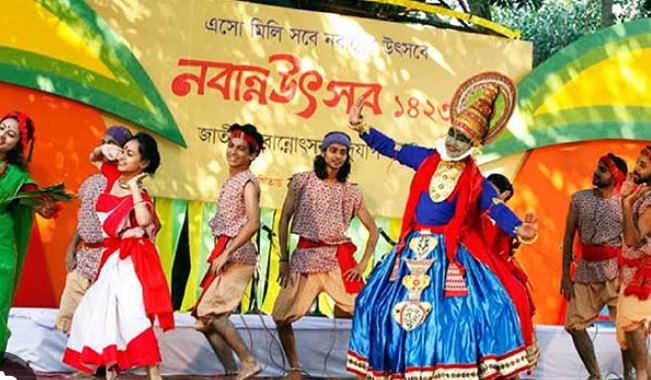Women’s Empowerment in Bangladesh
Women’s empowerment in Bangladesh has made significant progress over the past few decades, transforming the role of women in society, the economy, and politics. Once heavily dominated by traditional and patriarchal values, Bangladesh has gradually embraced change, encouraging women to participate in all aspects of life. From education to employment, and from leadership to entrepreneurship, women are now playing key roles in shaping the nation’s future.
The government and various non-governmental organizations have implemented numerous initiatives to promote women’s rights and opportunities. Microfinance programs, such as those introduced by Grameen Bank and BRAC, have empowered rural women by giving them access to small loans, helping them become financially independent. Access to education has also improved, with increased female enrollment in schools and universities. As a result, many women have entered the workforce, contributing to sectors like textiles, healthcare, and education.
Politically, women in Bangladesh have also achieved remarkable milestones. The country has had female prime ministers for over three decades, demonstrating the capability of women to lead at the highest levels. Women’s representation in the national parliament and local government bodies has increased through reserved seats and direct elections.
Despite these positive developments, challenges still exist. Gender-based violence, wage inequality, early marriage, and limited access to decision-making positions continue to affect many women. Cultural and social barriers in some regions also slow the progress of empowerment.
In conclusion, while Bangladesh has made notable strides in women’s empowerment, continuous efforts are required to ensure that all women—regardless of class, location, or background—can enjoy equal rights and opportunities. Empowering women is not just a matter of justice; it is essential for the sustainable development and prosperity of the nation.




